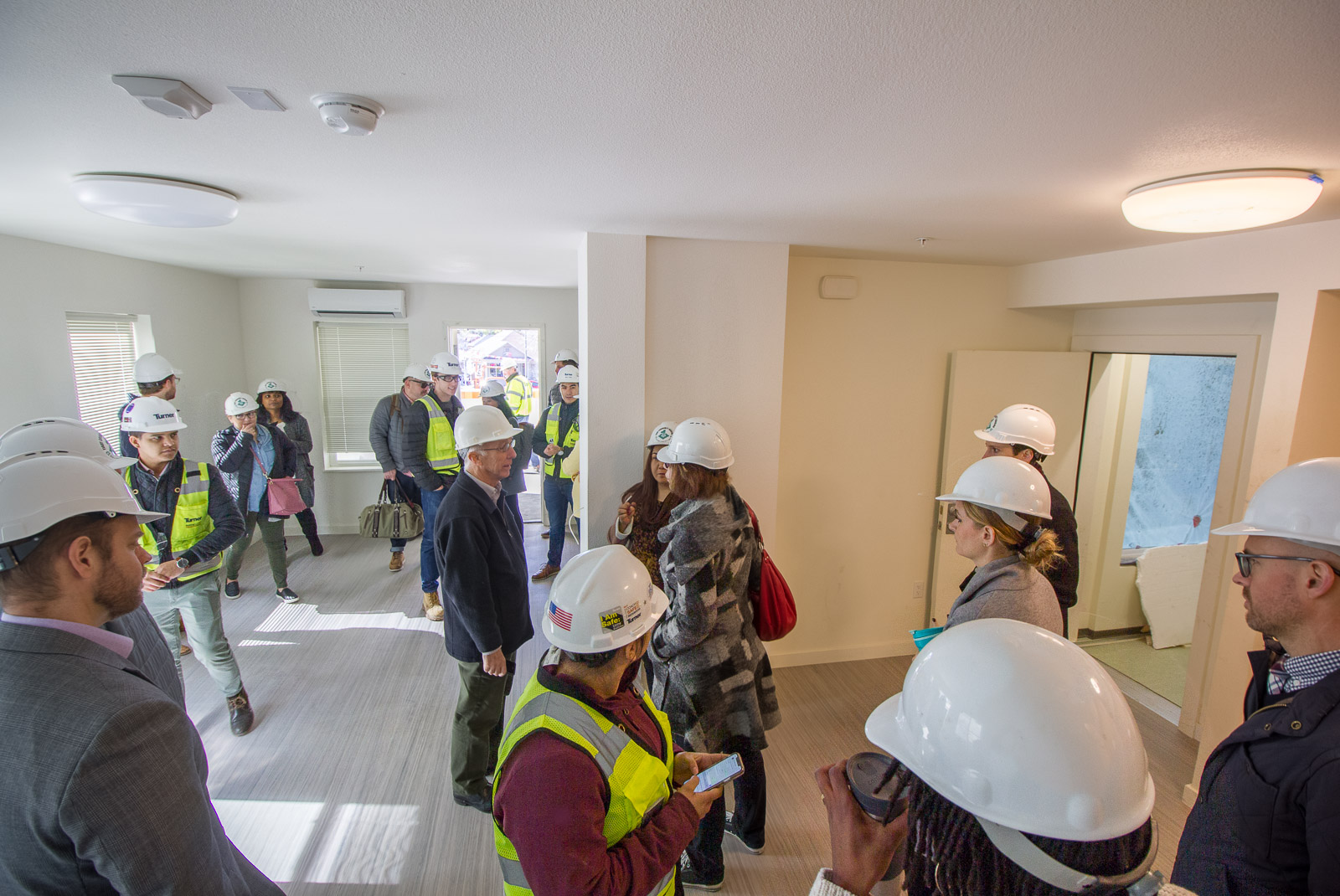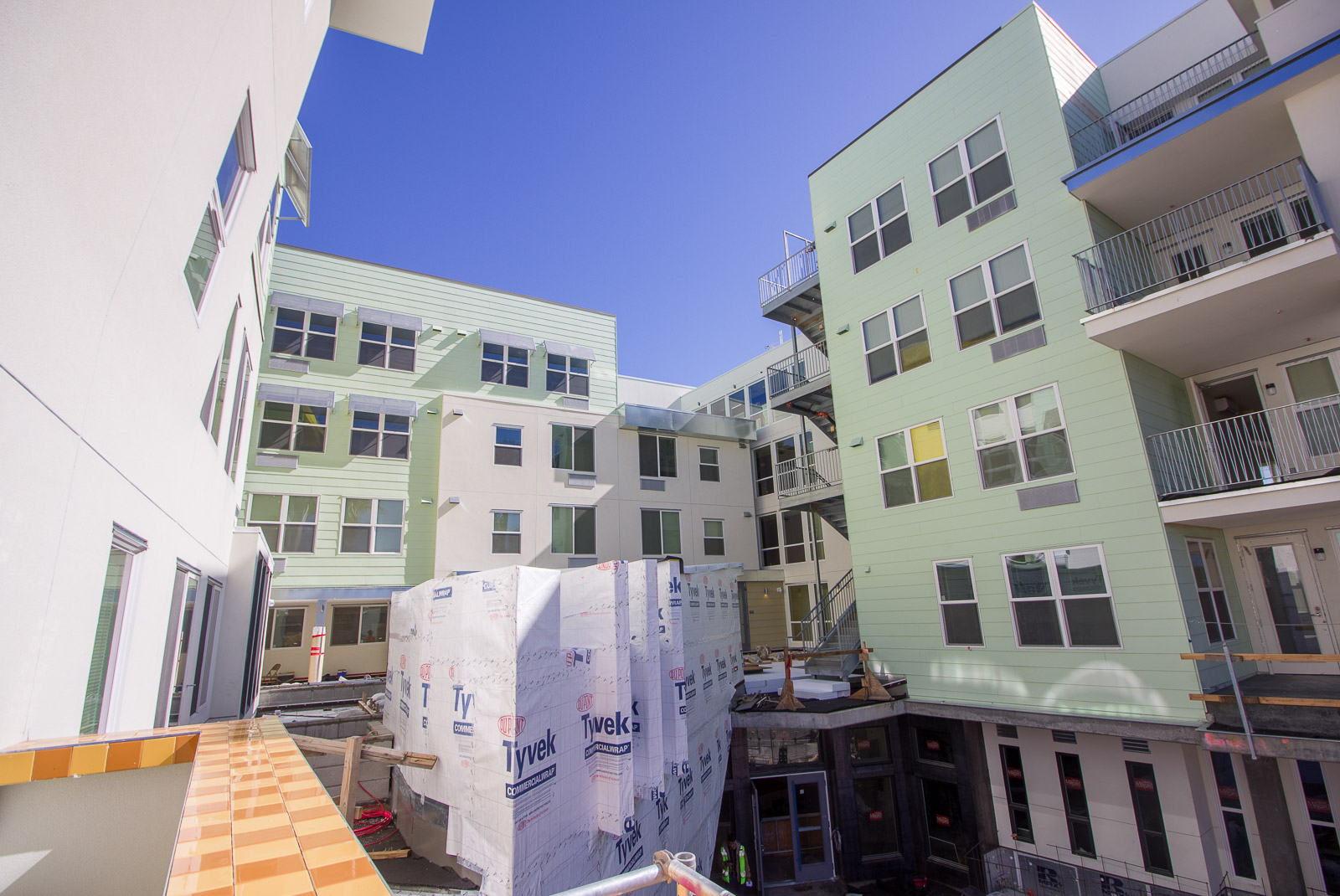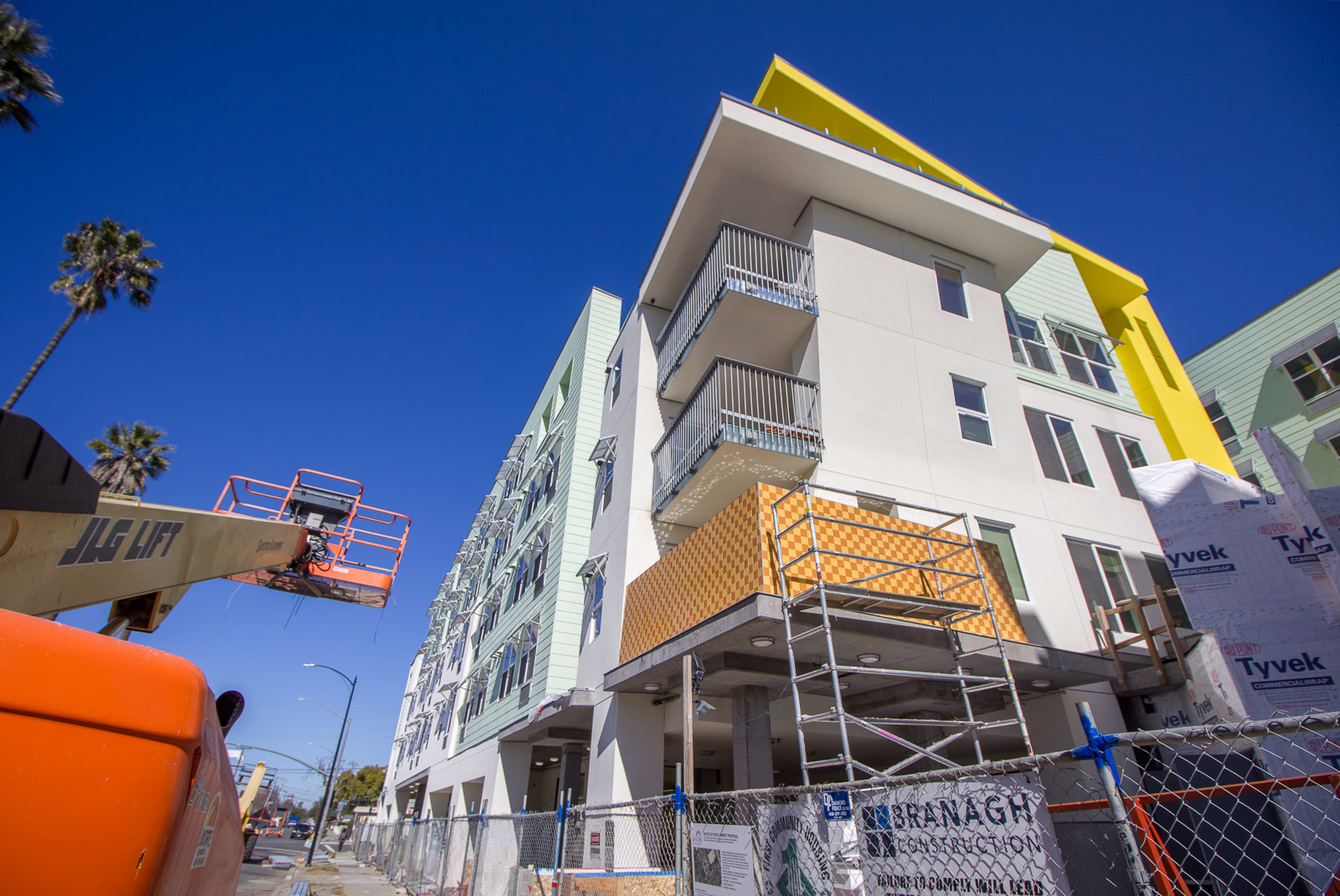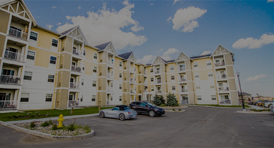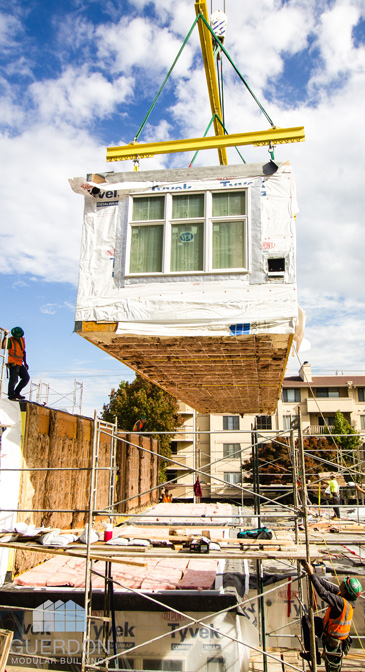A Tour of San Jose’s Newest Modular Housing Project
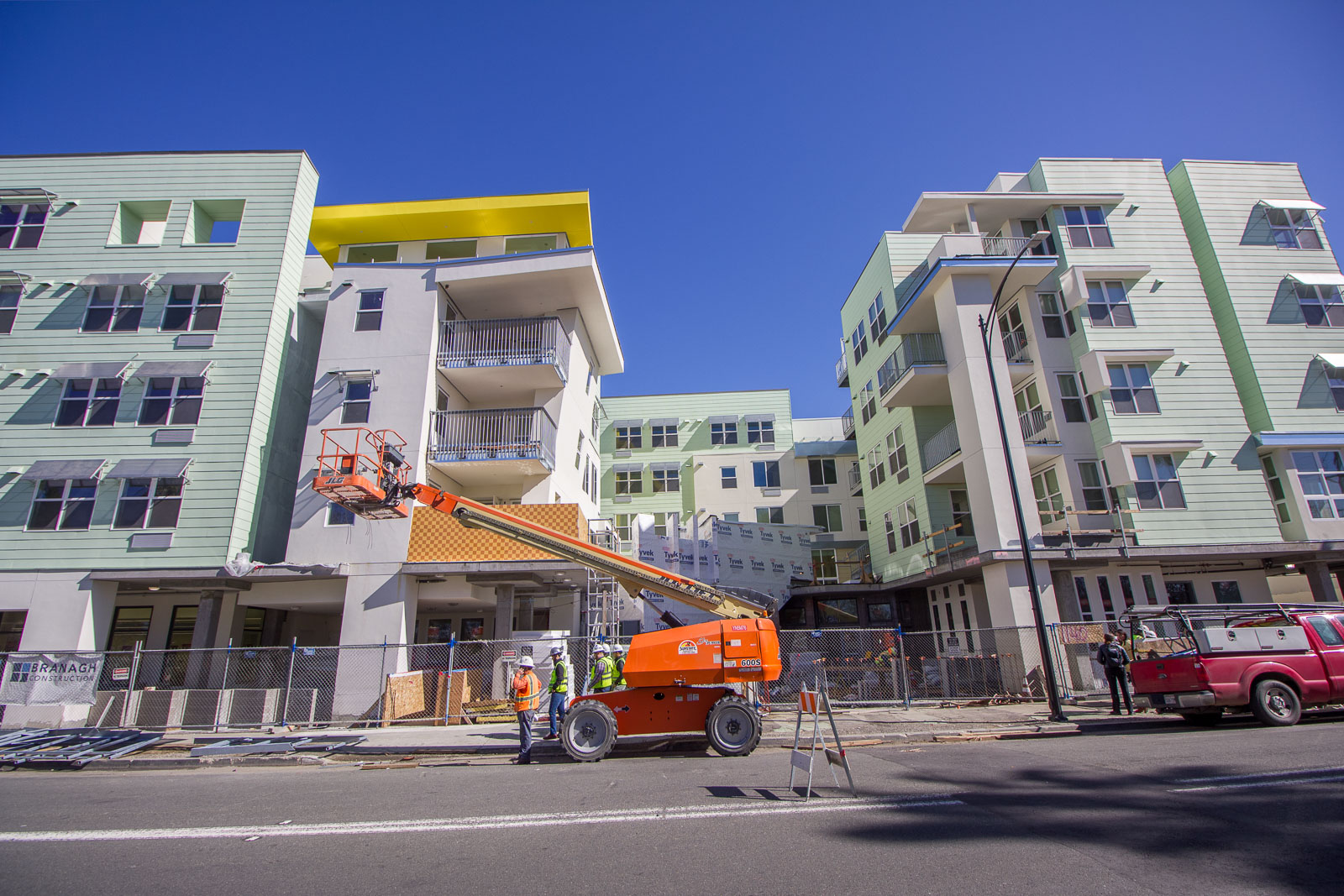
Second Street Studios, San Jose’s newest 100 percent permanent supportive housing project, is the first of its kind to not only be built with new construction but also the first to be built with modular construction.
Last week, First Community Housing, the innovative nonprofit real estate developer behind the project, opened the property to members of SPUR for a firsthand look at the good it will do.
The 5 story, 135-unit project features a subterranean parking garage, ground floor retail space and floors two through four hold the living units, a community room and kitchen, an outdoor gathering space, Living Green Roof, laundry facility, and on-site resident support services.
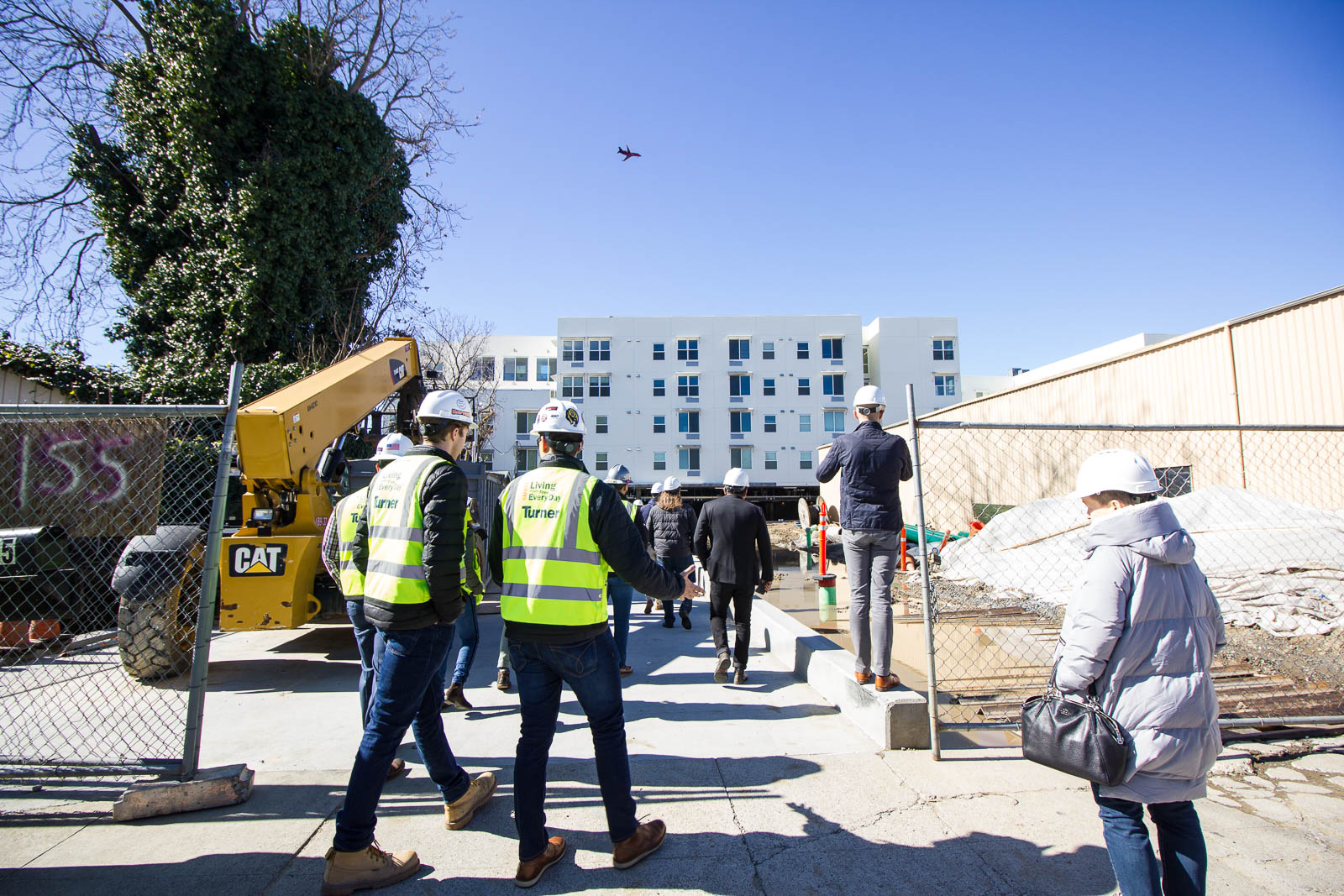
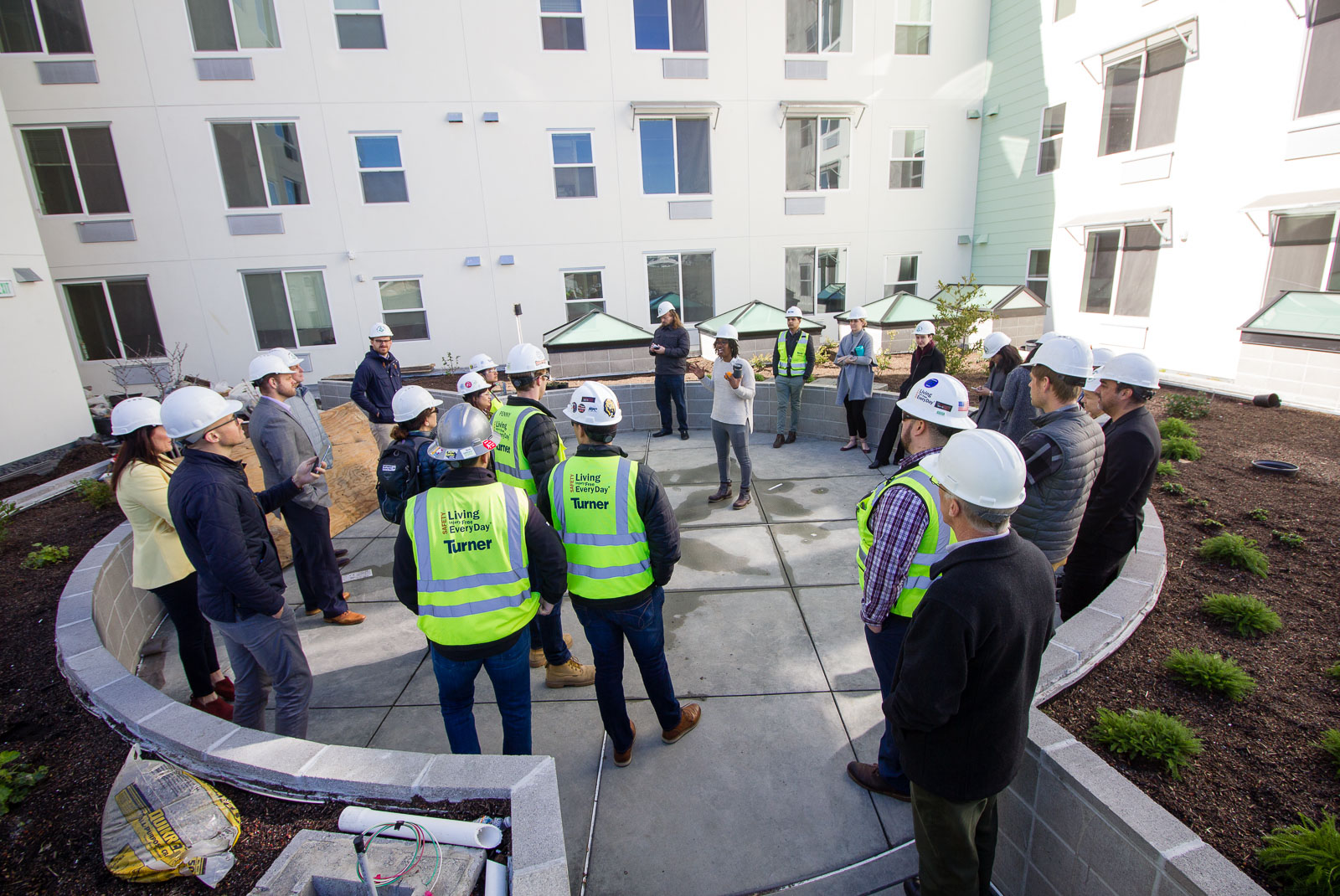
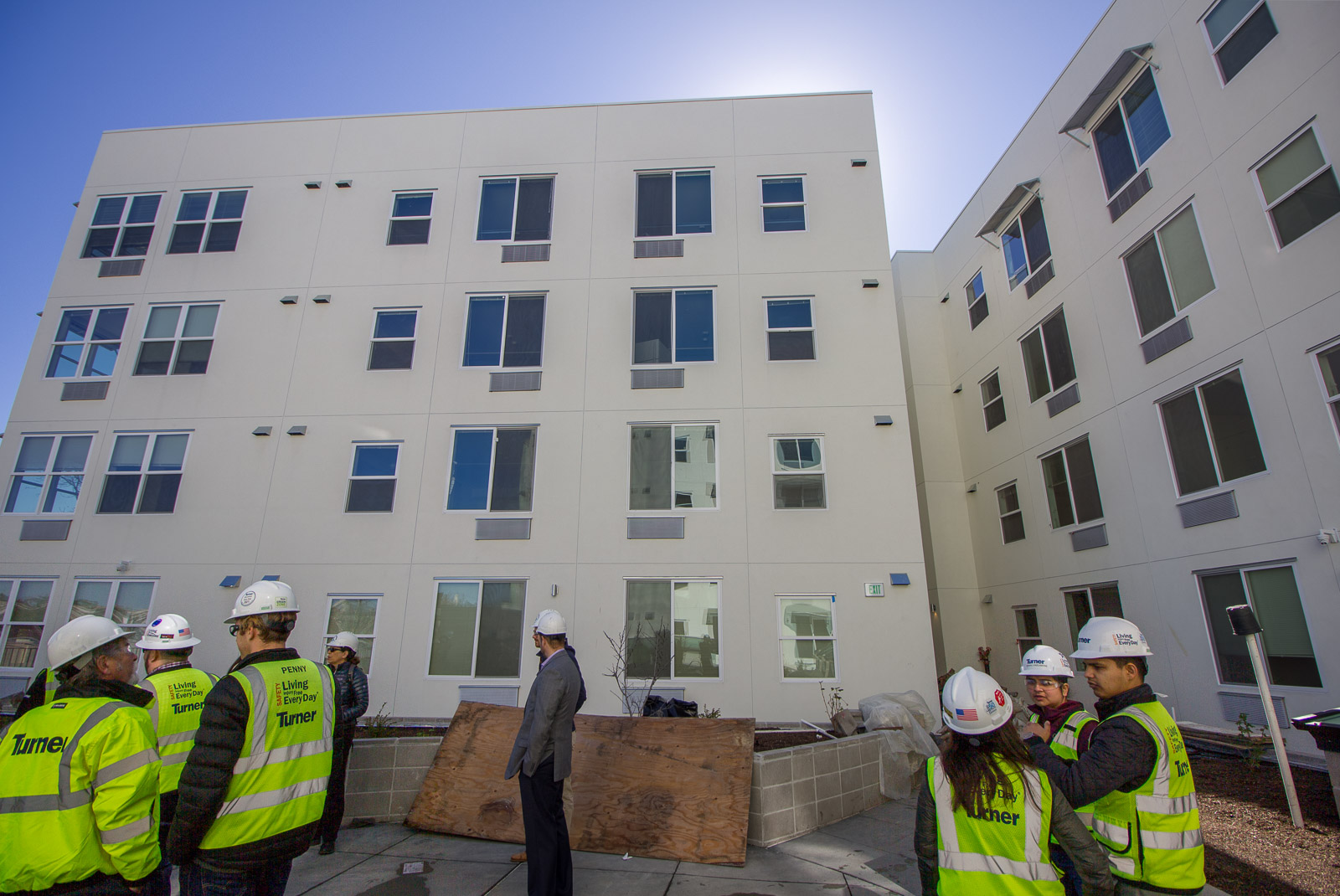
First Community implements both social and environmental sustainability in all their developments. On this project, they employed a full-time Green OM Manager throughout the build. The OM Manager not only ensured that the project was built to LEED platinum standards but also confirmed that the equipment and materials used would provide a more healthful environment for both the construction workers and the future residents.
This focus on people is at the very core of everything First Community does as an organization. During the tour, Marty Keller, First Community’s Director of Sustainability, mentioned one often overlooked social benefit of the modular construction they employed. He said, “[Modular construction] makes sense from both a physical and social perspective. The employees at the factory have a shorter commute, the job-site doesn’t change for them, they know exactly where they are going to work, day in and day out, and that equates to more family time and a better social life.”
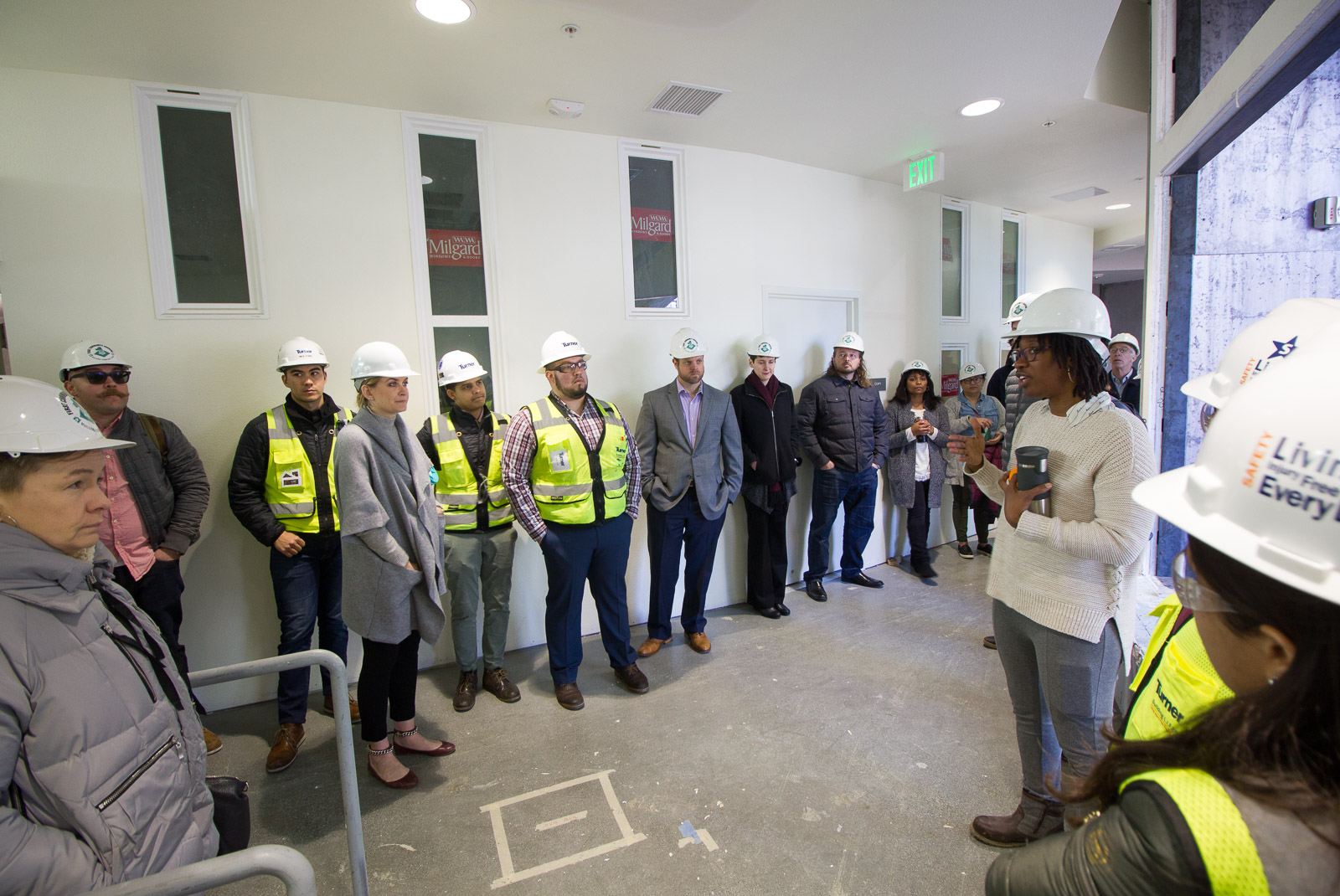
When the building opens its doors to the 134 chronically homeless individuals awaiting a fresh start, the new residents will be supported both physically and socially by physical and mental health services on-site, as well as Case Managers and Resident Service Coordinators who will help promote wellness and self-sufficiency.
Permanent supportive housing like this provides residents affordable housing without time constraints on their stay; they are given the resources they need which equates to a better chance of breaking the cycle of chronic homelessness.
Originally designed as a traditional build, early estimates were outside the requirements for the very competitive 9% Tax Credit First Community was applying for. No stranger to creative funding and development strategies, they turned to modular construction to get the project off the ground. After 10 years in planning, converting the project to modular helped cut costs enough to be within the credit’s required caps and made it possible to finally start construction.
